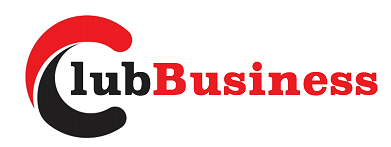When employees begin to lose motivation or feel disconnected from their roles, it can significantly impact a company’s ability to grow and compete effectively. Persistent issues like toxic workplace culture, insufficient pay, excessive demands, and ongoing stress slowly undermine productivity and chip away at profitability. If these concerns are not addressed, they can lead to declining morale, breakdowns in workflow, and limited career advancement opportunities.
To address these challenges, organizations must build a culture grounded in inclusion, encouragement, and reliable employee support. In a competitive labor market, focusing on well-being is no longer optional—it’s a cornerstone of sustainable business performance. More employers are recognizing that when employees feel truly valued and supported, productivity, loyalty, and engagement tend to rise organically.
Companies that excel in this area take a comprehensive approach to employee wellness—one that encompasses emotional health, financial well-being, interpersonal dynamics, and cultural alignment. This kind of well-rounded strategy often results in reduced turnover, stronger dedication, and a more engaged team.
A key element in implementing these strategies successfully is the involvement of HR outsourcing companies. These partners work closely with leadership to design personalized wellness programs, optimize benefits offerings, and align workplace policies with both business goals and employee needs. Their expertise is instrumental in boosting morale, enhancing collaboration, and creating a more cohesive and efficient workplace.
Making employee wellness a central focus delivers measurable results. Offering access to counseling services, learning and development opportunities, and flexible scheduling empowers employees and deepens their connection to the company. These efforts often translate into greater innovation, stronger collaboration, and improved organizational adaptability.
Studies continue to demonstrate the direct link between robust wellness programs and improved business outcomes—from better retention and satisfaction to a more energized, purpose-driven workforce. When employees know their well-being is a priority, they’re more likely to stay engaged and contribute meaningfully to the company’s success.
Creating a workplace that puts people first takes ongoing effort and thoughtful strategy. Initiatives like Employee Assistance Programs (EAPs), health and wellness events, and flexible work policies can create lasting value. At the same time, updating compensation models, expanding benefits, and embracing remote or hybrid work options help companies remain agile in a fast-changing job market.
Explore the infographic below for actionable insights on how to build a more resilient, inspired, and future-ready team.

